Mark Shuttleworth: Internet, Space, and Ubuntu
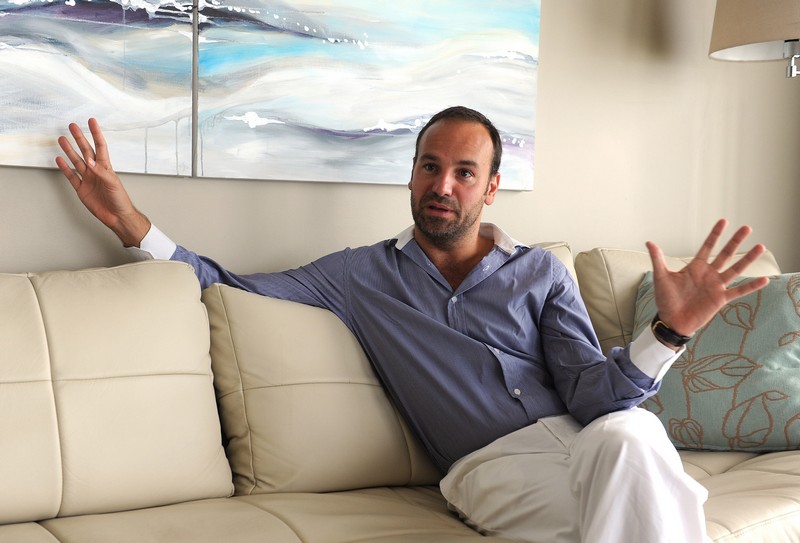
💡 Want more business insights? Stay ahead of the curve with our exclusive updates!
👉 Join our Telegram channel for daily business ideas and expert tips.
👉 Follow us on Facebook to never miss a trend or update!
Don’t just read—connect, grow, and innovate with us today!
ny narrative about the Ubuntu operating system would be incomplete without delving into the biography of Mark Shuttleworth. Conversely, when discussing him, one inevitably arrives at his most renowned project - currently, Ubuntu stands as the pinnacle of his endeavors.
Early Ventures
he future programmer, developer, and philanthropist was born in 1973 in South Africa. He received an excellent education at a prestigious college, followed by the University of Cape Town. Even then, he dabbled in his first IT developments - notably contributing to prominent projects such as Debian and Apache, while also being part of the Open Source community.
Shuttleworth quickly realized the vast potential of the World Wide Web. He ventured into developing an internet security system named Thawte, which eventually became one of the world's largest certification authorities, second only to Verisign. In late 1999, Mark sold his brainchild to its main competitor. Though the deal's exact value remains undisclosed, conservative estimates place it at several hundred million dollars.
New Horizons
ne might wonder what more a young developer, who became a multimillionaire at 27, could desire. Yet, Mark did not rest on his laurels. Initially, he fulfilled his long-cherished dream by journeying into space, becoming the second space tourist in history.
He underwent a year-long training regimen and learned Russian to communicate with cosmonauts (the flight was on a Russian rocket). Spending 2 days on the rocket and 8 more on the International Space Station, Mark actively engaged in experiments related to studying the human immunodeficiency virus and genome.
ubsequent adventures included a trip to Antarctica and establishing his charitable foundation aimed at innovating education methods in South Africa. He funded numerous startups involved in scientific research and integrating them into entrepreneurial activities. Simultaneously, he amassed resources and knowledge for his next major project.
Developing Ubuntu
n 2004, in London, Mark founded Canonical, rallying developers for a groundbreaking operating system project. His primary motivation for creating and funding an open-source OS stemmed from a profound belief in the universal benefits of such software. He was convinced that eventually, the internet community would gravitate towards it, especially given previous flawed attempts. Recognizing the need to expedite this process, Mark embarked on the Ubuntu project.
The word "Ubuntu" comes from the Zulu and Xhosa languages of South African tribes, lacking a direct translation into Russian. Its approximate meaning conveys interconnectedness among people, humanity toward each other. Shuttleworth insisted on retaining the name "Ubuntu" for the OS, deeming it aptly descriptive of the project's ethos, values, and purpose.
he core principles established by the Canonical team for the OS development are well-known among Ubuntu users:
- Accessibility and localization.
- Convenience, intuitiveness, ease of use.
- Timely updates.
- Sole use of the Python programming language.
- Toolset fostering close collaboration between developers and users.
- Integration with other projects.
- Community-driven approach enabling rapid implementation of new ideas.
Formulated during an initial meeting at Mark's London apartment, these ideas set a clear direction for the project. Comprising proactive individuals, the team silently set a six-month deadline to create a product aligning with the stated principles.
anonical was initially established to unite staff and finance the project cohesively, necessitating no physical office initially – Mark's personal apartment sufficed. Canonical evolved into a "virtual company," transcending territorial constraints and geographic barriers as employees worked globally.
While such a decentralized approach is common now, it was groundbreaking in 2004. Similarly, Ubuntu itself is unparalleled. Today, Canonical remains a pivotal force behind the OS, although external companies are increasingly involved, aligning with Mark's foresight from 2004.
Found this article interesting or useful? Share it with your friends!
💡 Want more business insights? Stay ahead of the curve with our exclusive updates!
👉 Join our Telegram channel for daily business ideas and expert tips.
👉 Follow us on Facebook to never miss a trend or update!
Don’t just read—connect, grow, and innovate with us today!



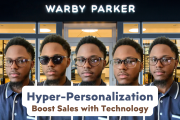




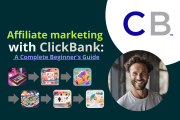
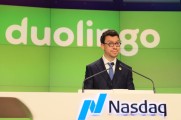

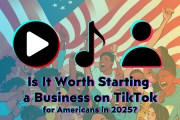
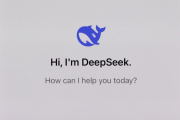








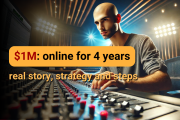

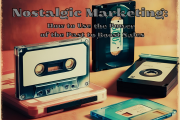













.jpeg)













Note: Comments are being moderated and may take a while to appear. There is no need to resubmit your comment.